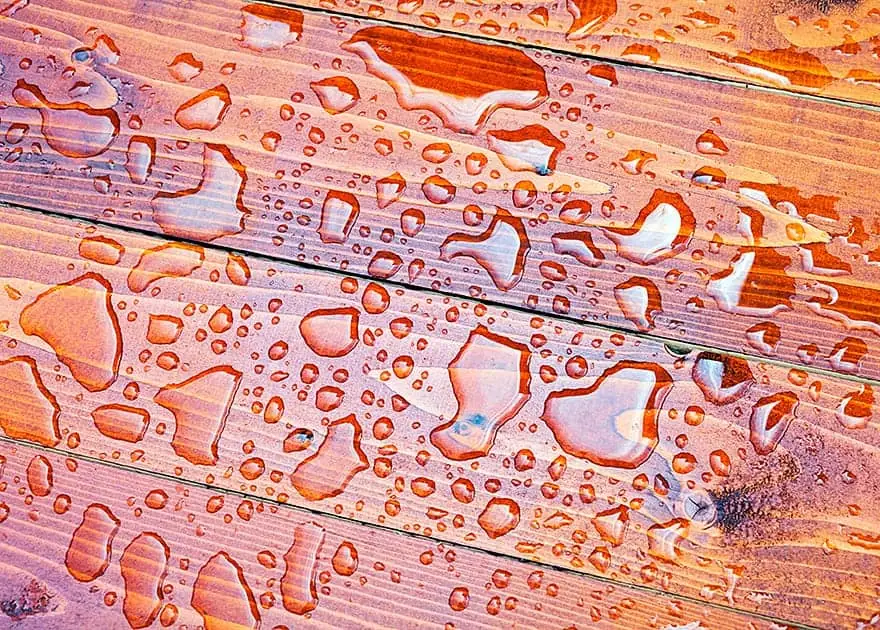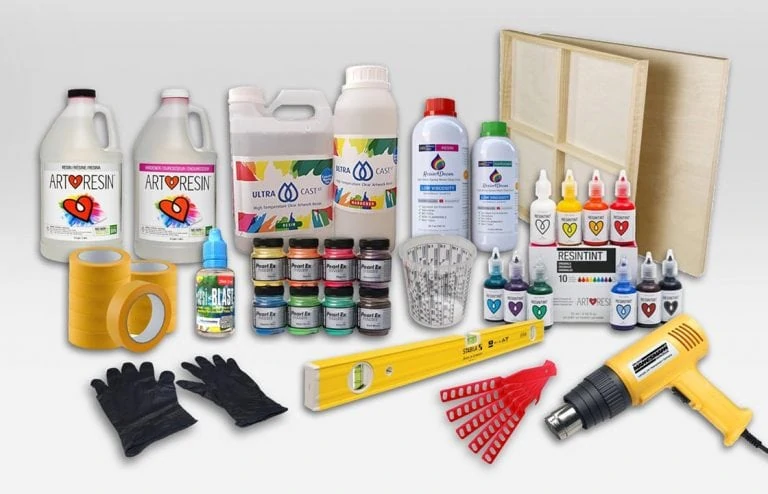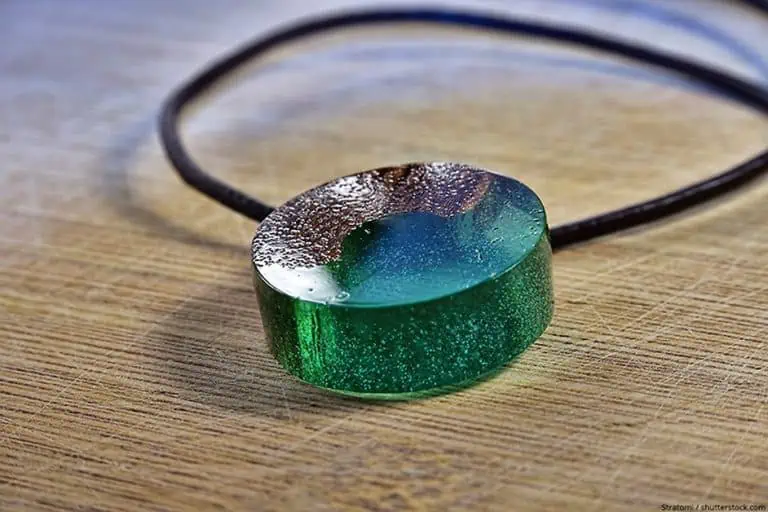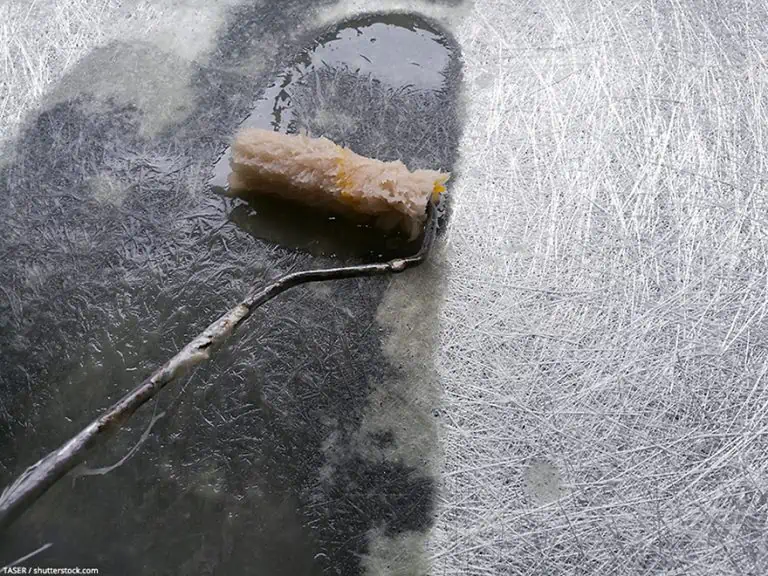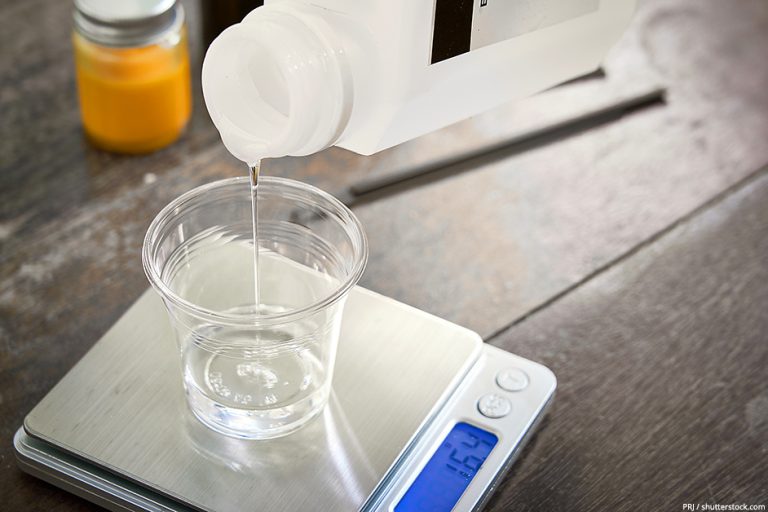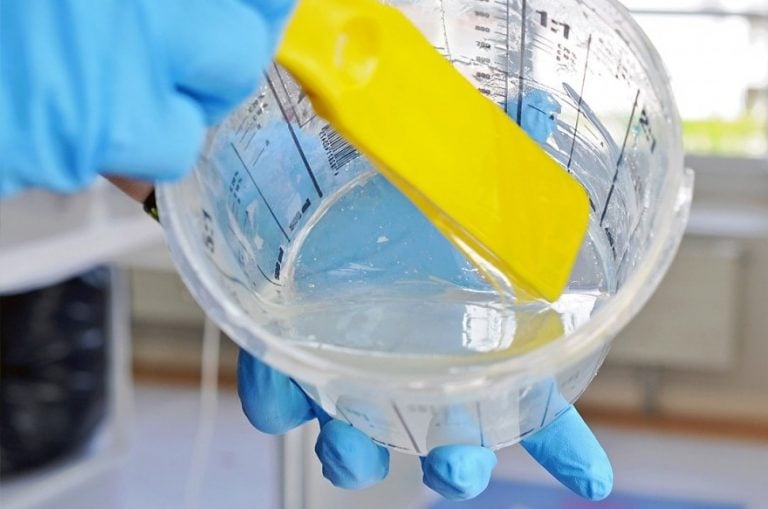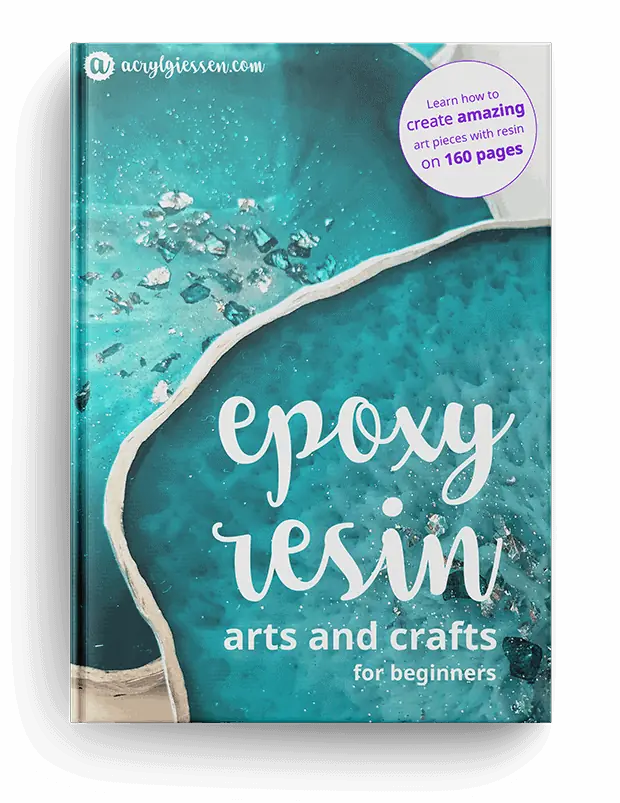Is Epoxy Waterproof? – Your Waterproof Epoxy Guide
This post may contain affiliate links. We may earn a small commission from purchases made through them, at no additional cost to you.
Epoxy resin has many beneficial properties which include being a filler, it has adhesive properties, is a sealant and it also has waterproofing properties. No wonder it is used in so many industries such as the construction industry for repairs and maintenance as well as for residential use.
Table of Contents
History of Epoxy Resin
Epoxy resin has been in use for many decades and dates way back to the 1930s. It is made by mixing a thermosetting epoxide polymer with a hardening agent that transforms it from being a soft substance into something much firmer. This new hardened material then becomes very valuable due to its waterproofing properties that are still used in many industries to this day.
How Waterproof is Epoxy Resin?
Many different types of Epoxy can be applied for different uses. When considering what you’ll be using the epoxy resin for there are certain factors to consider.
- If your main consideration is mainly for waterproofing, then the thickness of the film must be sufficient.
- Curing time is also important. For immersion services, the general curing time is 7 days at 75 degrees Fahrenheit. For immersion services, it is important to ensure that the curing time doesn’t surpass this time as the epoxy resin may crack if the substrate cracks.
- There are epoxy resins with greater flexibility than others but each one has its limits.
- Epoxy should almost always be applied to clean dry surfaces.
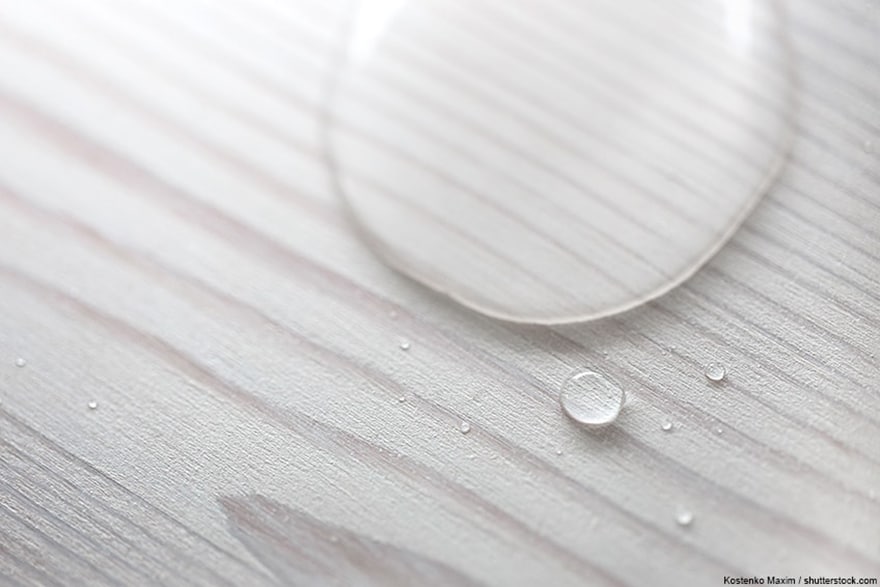
Benefits of Epoxy Resin
Although epoxy resin has good waterproofing properties, it is not recommended to be used for waterproofing on external walls. Epoxy resin is an affordable anti-corrosion material that has so many useful qualities which include strengthening properties, adhesive qualities, is resistant to water, and it forms an airtight seal on surfaces making it less likely to leak.
Waterproofing your Pool with Epoxy Resin
Epoxy paint is the ideal paint for swimming pools, however, if the pool surface is not prepared properly or the paint is not applied correctly it won’t be as effective as it needs to be.
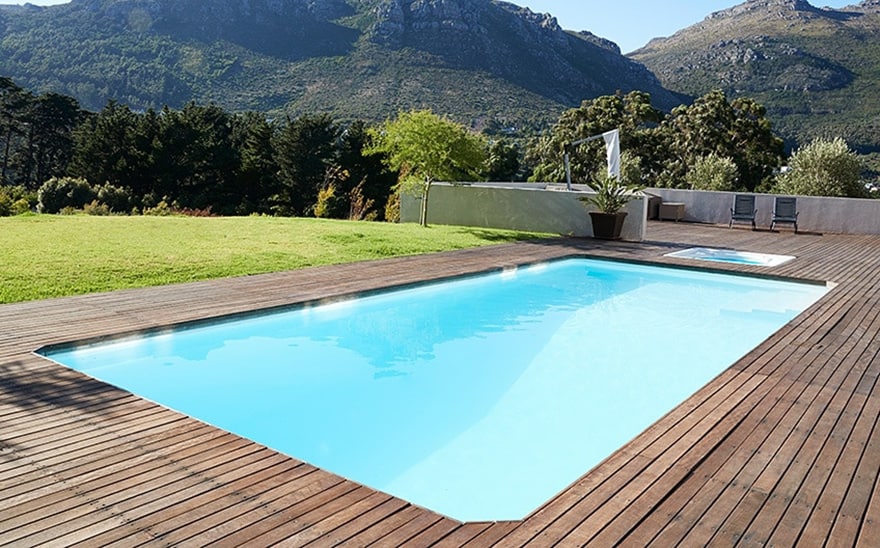
Applying Epoxy Resin
Epoxy paint forms a solid layer on the pool surface that is resistant to water and chemicals. It is so effective it can last for up to 10 years if applied to properly prepared surfaces. To ensure the epoxy paint seals well to the base and sides of the swimming pool, you will first need to ensure that the pool is cleaned thoroughly. A high-pressure spray will remove sand, small stones, and dirt from the surface.
Abrasion of the surface (even if it is old epoxy paint or unpainted fibreglass) is needed to ensure better adhesion of the epoxy paint to the surface. A trisodium phosphate solution will also help to remove stubborn dirt from the surface. Make sure the pool is completely dry before applying paint to it.
Fading Away
Have you noticed that the brilliant blue hue of your swimming pool is fading away? This is due to the sun and pool chemicals. An acid wash is a great method to improve the color vibrancy of your pool by cleaning off scummy dirt that can make your pool look dull and dreary.
Talking About Chalking
The paint on pools will eventually come off slowly and in tiny pieces which can make the pool water look a little cloudy. This is known as chalking as the particles that come off float in the water and end up on the skin of swimmers. You can prevent chalking from occurring by checking on the alkalinity of the water and ensuring that is in the 150 to 200-part range per million. You can also use a milder pool shock such as lithium or dichloro to slow down the process of chalking.
Peeling Is not Appealing
Painting a pool can be a bit tricky as there are many factors to take into account like preparing the pool surface properly, making sure the surface is clean and dry so that blistering doesn’t occur, as well as making sure that the surface isn’t too hot. But not to worry! If you see that a blister has formed, all you need do is simply paint over it rather than repainting it over completely from scratch again.
Frequently asked Questions
Can you use epoxy on the shower floor?
Absolutely! Epoxy resin is useful for sealing around your tub or shower preventing water from entering through tiny openings that may not be very visible.
Is epoxy resin suitable for the outdoors?
Yes, it is but only if UV resistant and can be used on water features and tabletops. However, Epoxy resin can yellow with time from being exposed to damaging UV rays.
In 2005, Charlene completed her wellness degrees in therapeutic aromatherapy and reflexology at the International School of Reflexology and Meridian Therapy. She worked for a company offering corporate wellness programs for several years before opening her own therapy practice. In 2015, she was asked by a digital marketer friend to join her company as a content creator, and it was here that she discovered her enthusiasm for writing. Since entering the world of content creation, she has gained a lot of experience over the years writing about various topics such as beauty, health, wellness, travel, crafting, and much more. Due to various circumstances, she had to give up her therapy practice and now works as a freelance writer. Since she is a very creative person and as a balance to writing likes to be active in various areas of art and crafts, the activity at acrylgiessen.com is perfect for her to contribute their knowledge and experience in various creative topics.
Learn more about Charlene Lewis and about us.
